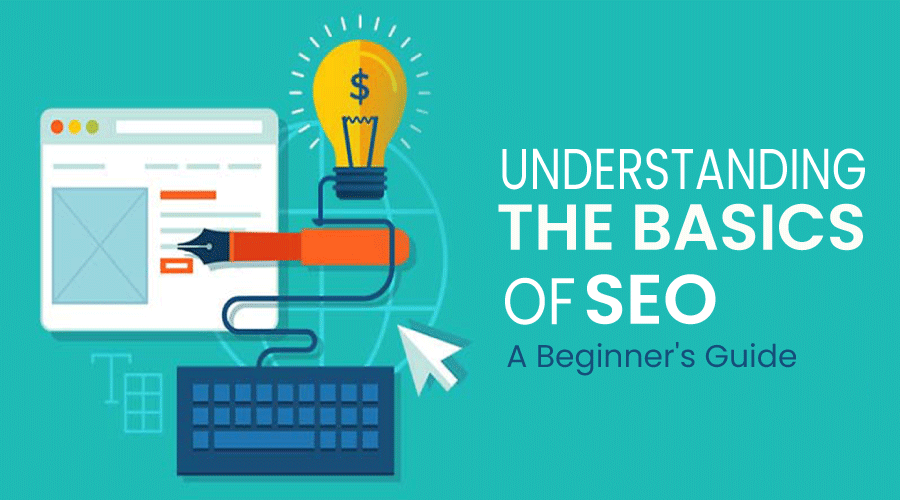Search Engine Optimization (SEO) is a crucial element in the digital world, influencing how websites are ranked by search engines like Google. For beginners, navigating the complex realm of SEO might seem daunting, but grasping the basics is essential for anyone looking to enhance online visibility. In this guide, we’ll break down the fundamental concepts of SEO, providing a solid foundation for those new to the field.
1. What is SEO?
SEO is the practice of optimizing a website to improve its visibility on search engines. The primary goal is to increase organic (non-paid) traffic to your site by ranking higher in search engine results pages (SERPs).
2. Keywords and their Importance
Keywords are the words or phrases users enter into search engines. Identifying relevant keywords for your content is crucial. Tools like Google Keyword Planner can help you find keywords related to your business or topic, ensuring your content aligns with what users are searching for.
3. On-Page SEO
On-page SEO involves optimizing individual pages to rank higher and earn more relevant traffic. This includes optimizing titles, meta descriptions, headings, and content. Ensuring that your content is valuable, well-organized, and includes relevant keywords is vital.
4. Off-Page SEO
Off-page SEO focuses on activities outside your website that impact its rankings. Building high-quality backlinks from reputable sites is a key off-page strategy. Social media presence and online reputation management also play a role in off-page optimization.
5. Technical SEO
Technical SEO deals with the technical aspects of website optimization. This includes ensuring your site has a secure and mobile-friendly design, optimizing page speed, and creating a sitemap for search engines to crawl your site effectively.
6. Content is King
Quality content is at the heart of SEO. Search engines prioritize content that is relevant, informative, and engaging. Regularly updating your website with fresh, valuable content not only attracts visitors but also signals to search engines that your site is active and relevant.
7. User Experience (UX) Matters
Search engines take into account how users interact with your site. A positive user experience, including easy navigation and a mobile-friendly design, contributes to higher rankings. Pay attention to your site’s layout, readability, and overall user satisfaction.
8. Local SEO
For businesses targeting local audiences, local SEO is crucial. This involves optimizing your online presence for local searches, including setting up a Google My Business profile, obtaining online reviews, and ensuring accurate business information across online directories.
9. Measuring Success with Analytics
Utilize tools like Google Analytics to measure the success of your SEO efforts. Track metrics such as organic traffic, bounce rate, and keyword rankings. Analyzing this data helps you understand what’s working and where adjustments are needed.
10. Staying Updated in a Dynamic Field
SEO is constantly evolving, with search engines updating algorithms regularly. Stay informed about industry trends, algorithm changes, and best practices to adapt your strategy accordingly.
In conclusion, while SEO may seem complex initially, understanding its fundamental principles is essential for anyone with an online presence. From keywords and on-page optimization to user experience and analytics, mastering the basics of SEO empowers you to enhance your website’s visibility and attract a more significant audience. As you delve deeper into the world of SEO, remember that patience and continuous learning are key to achieving long-term success.

